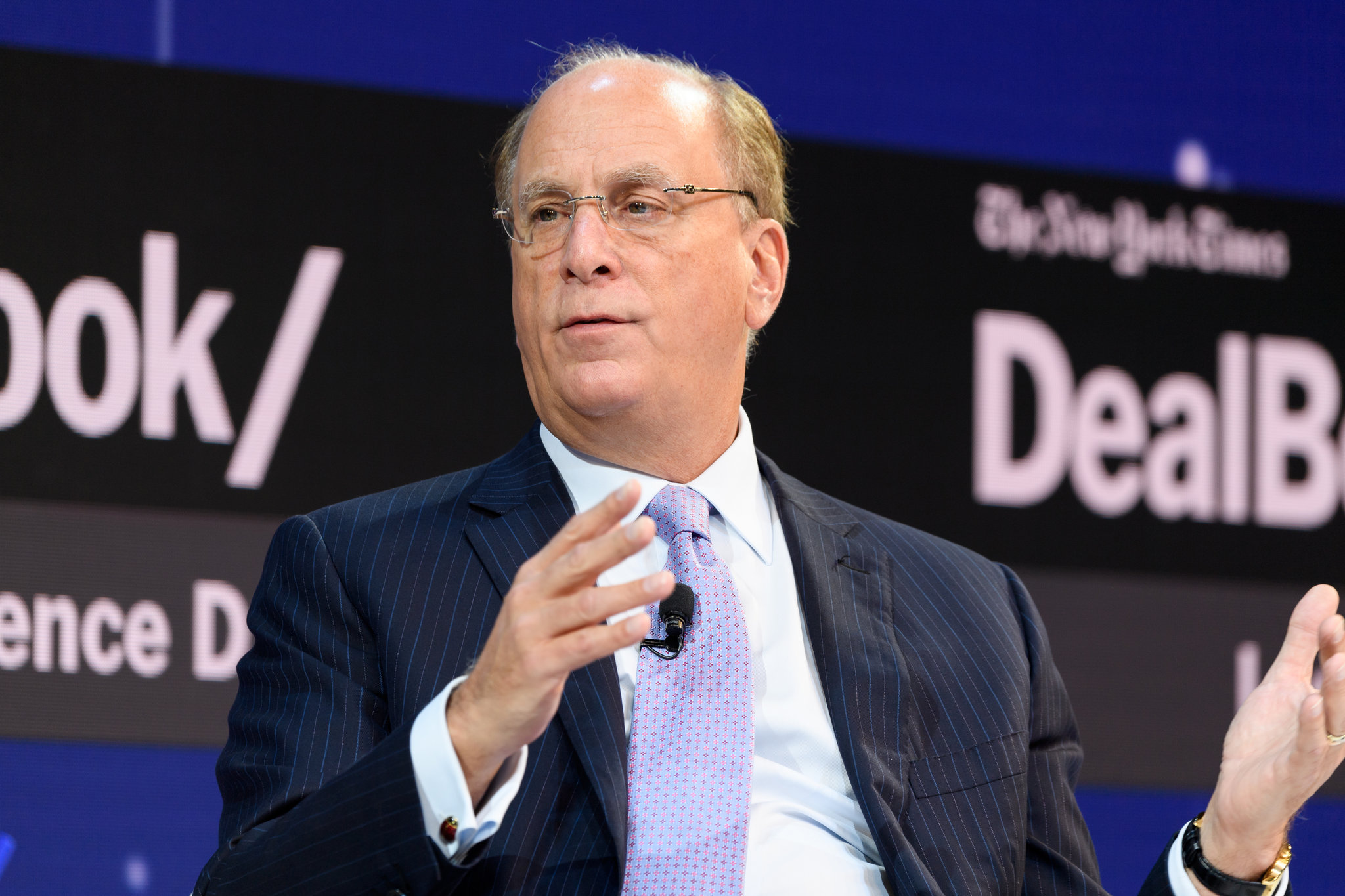BlackRock’s Larry Fink warned CEOs in a letter back in January. The letter showed the risks associated with climate change will compromise returns without reallocation of capitol. Fink calls for potentially the biggest divestment in finance history.
In 2012, Laurence D. Fink, CEO and Chairman of BlackRock, began issuing an annual letter to CEOs and clients. In his 2020 letter, he pledged BlackRock’s commitment to sustainable investing, suggesting a “fundamental reshaping of finance.”
BlackRock, the world’s largest asset management company, overseeing nearly $7 trillion in investments, relies heavily on fossil fuels and deforestation for its revenue.
After outlining the many risks associated with climate change, Fink insisted that reallocation of capital is inevitable in mitigating its impacts on the economy. Hopefully, BlackRock will lead by example in this industry-wide transition, pledging its allegiance to social impact and environmental activism.
Confronting a harsh reality
In his letter, Fink explained that the consequences of climate change are not only environmental, but also economic. As our climate continues to change, essential infrastructures will carry unpredictable climate risks, compromising traditional investments. Issues like rising sea levels along the coasts will force lenders to reinvent portfolio components like the 30-year mortgage to compensate for the unknown risks associated with living in these areas.
As climate risks continue to worsen, Fink called for the adoption of a new “sustainable standard” for investing. He pledged that BlackRock will set an example by divesting in any company generating more than 25% of its revenue from thermal coal.
Fink’s plan, outlined in his letter to the clients, includes forsaking fossil fuel investments and increasing transparency of the firm regarding its sustainable progress, allowing the public to hold the firm accountable.
The plans, pledges, and promises sound like a huge step in the right direction. This holds true if the asset management powerhouse stays true. Yes, Fink’s letter sheds necessary light on the importance of sustainable investing and the impending consequences of climate change.
But without drastic action, the fate of our environment becomes inevitable. Initiating a shift in long term investing is easier said than done, requiring firms to abandon old precedents.
Fink seems to be warning CEOs to facilitate this shift sooner rather than later. It is time to plan for impending environmental disasters today.
Purpose Drives Profit
In the Larry Fink letter, he proposed an interdependence between profit and purpose. Aside from his sustainable investing plans, he encouraged each company to adopt a purpose – a “fundamental reason for being.” This would require CEOs to think beyond the profit margin, and keep impact at the forefront of decision-making.
Social responsibility is more than decreasing carbon emissions to avoid public ridicule. According to Fink, finding purpose in social responsibility allows companies to build stronger stakeholder relationships and maintain shareholder value. By devoting to a cause, companies can focus on long-term sustainable success and increase their profitability.
There is no “trade off”
ESG (environmental, social, and governance) stocks have grown in popularity as people become more environmentally conscious, investing in renewables instead of fossil fuels.
Sustainable companies are as profitable as traditional competitors. Their emphasis on the triple bottom line ensures social, economic, and environmental successes. Due to the high return rates of sustainable stocks, investors no longer need to choose between profit and social responsibility.
According to Fink, firms are responsible for more than just generating returns for shareholders. In direct contrast with Friedman’s Doctrine, Fink explains that a firm has both social and economic responsibilities to shareholders and stakeholders, as well as to themselves.
Reallocation of capital requires firms to forsake the belief that their sole purpose is to drive profit, and adhere to the wishes of their stakeholders.
Shareholder theory has played an avid role in the shaping of corporate America. Though, compromising social and environmental responsibility for the sake of profits will inevitably stunt economic growth for firms unwilling to embrace necessary changes.
Investing sustainably incentivizes companies to introduce more climate-friendly initiatives, and encourages other companies to stay competitive by also contributing to sustainable development. Significant reallocation of capital is necessary to catalyze a transition to a cleaner economy and meet the demands of both shareholders and stakeholders.
Fink insists that CEOs increase their transparency by setting clear standards and disclosing climate risks to their clients. This promotes inclusivity and disclosure within capitalism.
A Cultural Reset
As Fink confidently pointed out, the next generations of investors will continue to take bigger, more progressive steps towards sustainable investing. Millennials are demanding responsible reforms and restructuring. Soon, we will be able to implement changes as the next gen assumes positions within companies.
Though the Larry Fink letter is a step in the right direction, it merely foreshadows the schanges yet to come. Executives will either embrace innovation today or be overshadowed by forward-thinking leaders.













No Comments